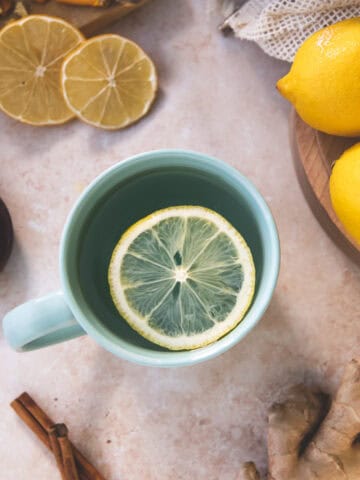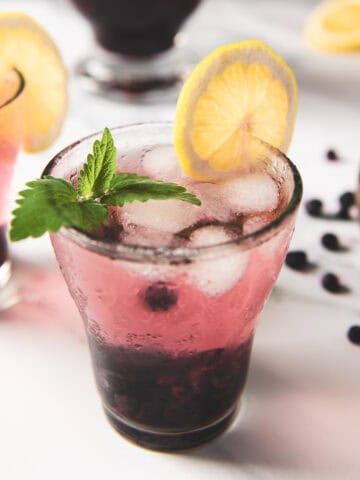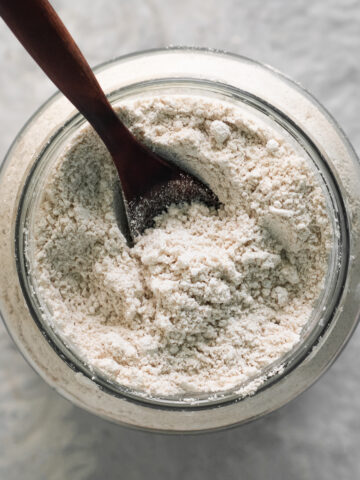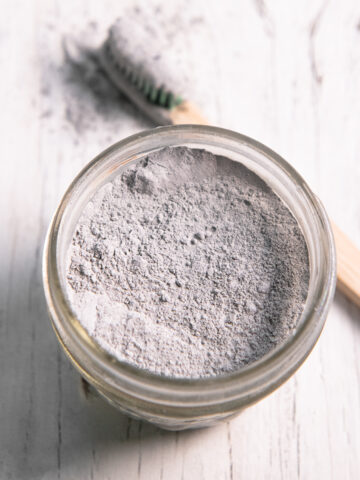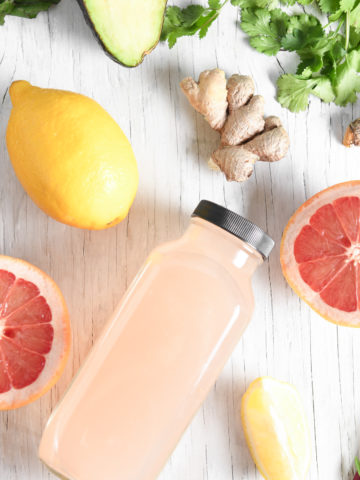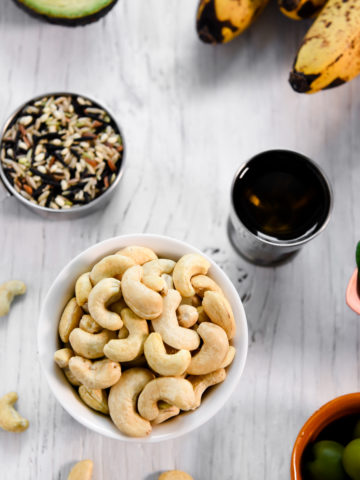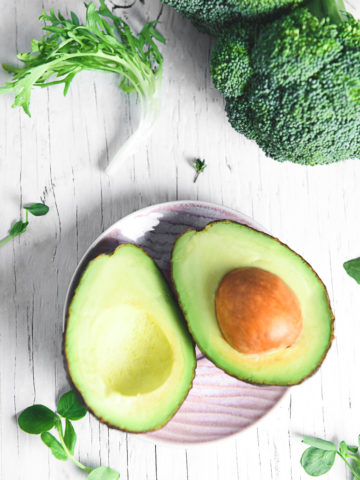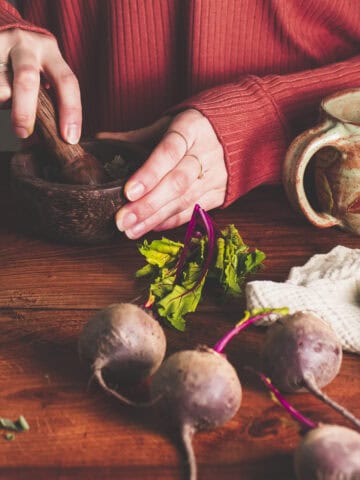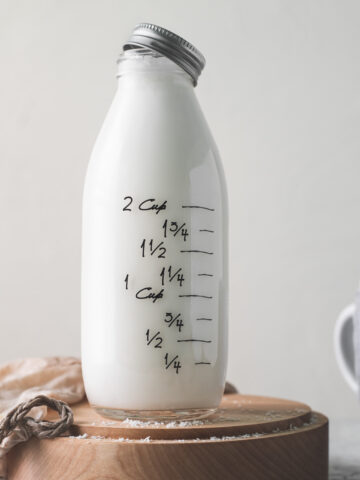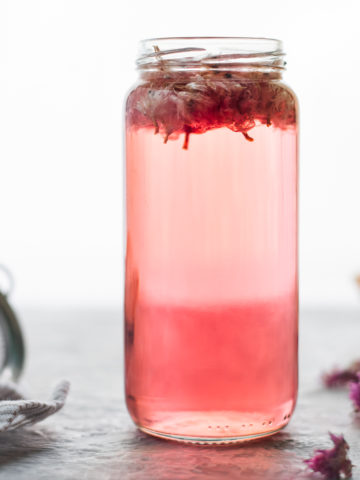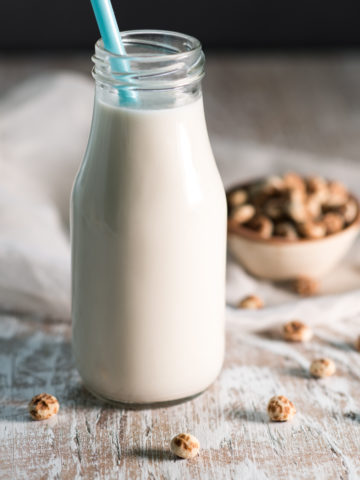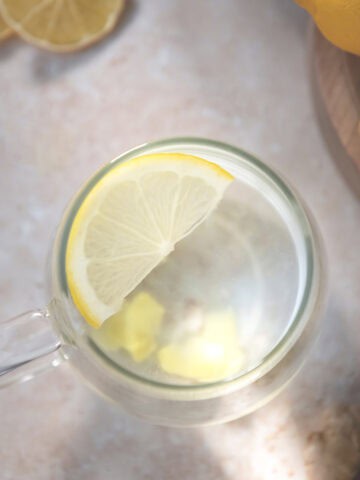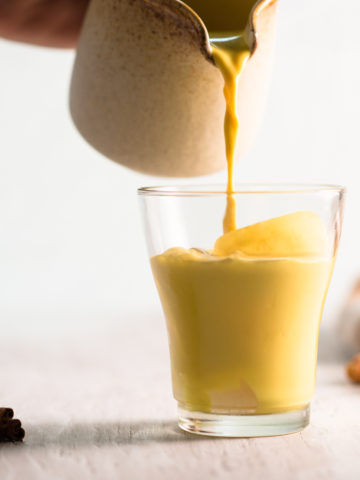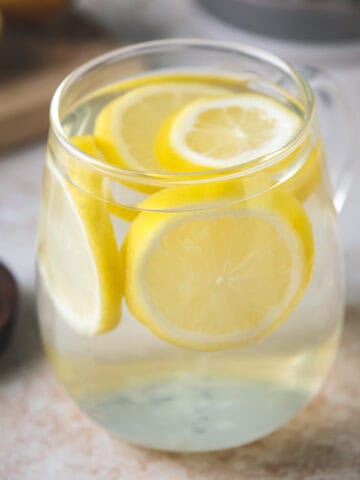Holistic Living + Natural Wellness Tips
Root into natural living and nourish every aspect of your life with these wellness tips, home remedies and holistic homemaking how-to's.
-
What Is Holistic Nutrition?
-
Lemon Water Benefits + 5 Ways to Make It Taste Delicious
-
Blueberry Lemon Infused Water (Recipe + Benefits)
-
How to Make Homemade Oat Flour in A Blender (with Tips + Benefits)
-
Organic vs. Conventional - What's the Difference?
-
Homemade Charcoal Tooth Powder (With Bentonite Clay)
-
Naturally Cleansing and Detoxifying Foods for Overall Health
-
Clean Eating Benefits + Beginner Tips
-
How to Eat More Greens (Tips + Recipes)
-
How to Stay Healthy Naturally (Nutrition and Lifestyle Tips)
-
How to Make Homemade Coconut Milk (with Shredded Coconut)
-
How to Make Infused Chive Blossom Vinegar + Health Benefits
-
Homemade Tigernut Milk (Horchata De Chufa)
-
Warm Lemon Ginger Water (Fresh Tea)
-
Fresh Turmeric Golden Milk Latte
-
How to Make Hot Lemon Water
-
How to Ground Yourself with Food and Nature (for Health + Anxiety Relief)


